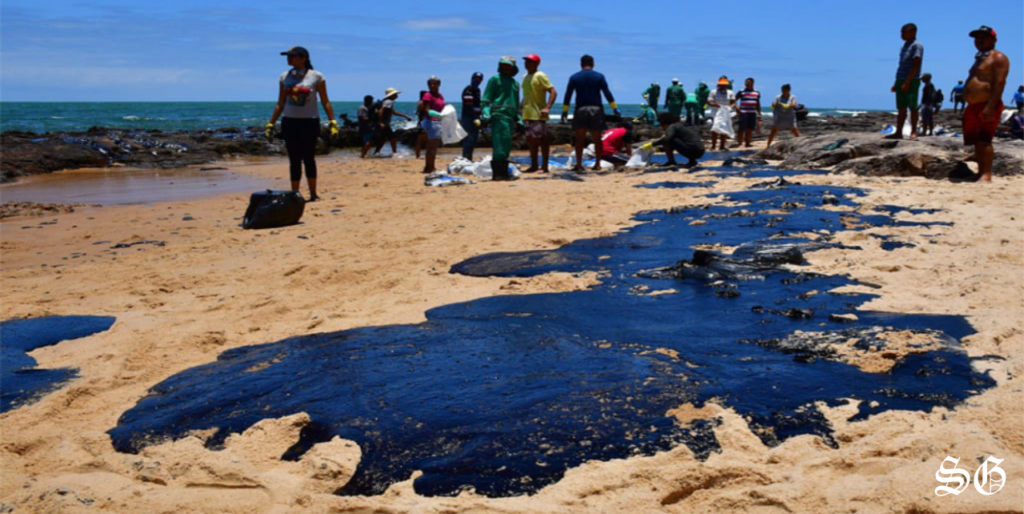Table of Contents

Oil Spill Disaster in Russia’s Krasnodar Region
Authorities in Russia’s Krasnodar region have declared a region-wide emergency following a significant oil spill caused by two damaged tankers. The incident has led to widespread environmental damage along the Black Sea coastline, including popular resort areas.
Background of the Incident
The oil spill began on December 15 when two aging tankers encountered severe storms. One vessel split in half, while the other ran aground. The pollution has affected over 256 square kilometers of the coastal area, with oil washing ashore in Anapa and neighboring districts.
Environmental Impact
The spill has severely affected marine and coastal ecosystems:
- Beaches in Anapa and nearby areas are coated in oil.
- Marine life, including dolphins, porpoises, and seabirds, has been heavily impacted.
- The situation has disrupted the habitat of local species, causing long-term ecological concerns.
Response Efforts
Authorities and crisis response teams have mobilized over 10,000 workers to address the disaster:
- 25 tons of oil-water sludge have been collected so far.
- Divers are scheduled to inspect the sunken bow of the Volgoneft-239 tanker for potential leaks, weather permitting.
- Efforts to contain and clean up the oil continue as warmer temperatures cause the oil to rise to the surface.
Government Measures
Governor Veniamin Kondratiev initially declared a municipal-level emergency but upgraded it to a region-wide emergency after assessing the continuing threat. The authorities aim to intensify efforts to mitigate the spill and restore the region’s coastline.
Challenges Ahead
- Unpredictable weather conditions are complicating cleanup operations.
- Concerns remain about additional leaks from the damaged tankers.
- The long-term recovery of the local environment and marine life will require significant effort and resources.